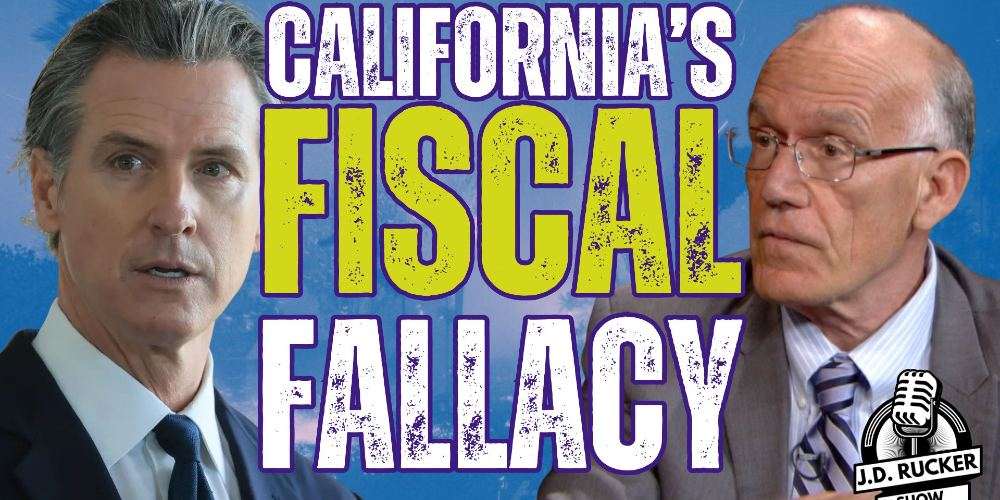Is California’s economy leaving the middle class and the poor behind? It’s a question worth asking, especially when you see the gap between the wealthy and everyone else widening. Victor Davis Hanson, a prominent commentator, has a compelling take: the very people making the policies are often too rich and insulated to understand the real-world impact of their decisions. Let’s break down this argument and see what’s really going on.
Video summary generated by Artificial Intelligence.
The Disconnect in California’s Policy-Making
Hanson’s core argument is that California’s policies are crafted by individuals who don’t feel the pinch of those policies. He points to figures like Nancy Pelosi, Barbara Boxer, Dianne Feinstein, Kamala Harris, Jerry Brown, and Gavin Newsom, suggesting they come from such privileged backgrounds that they can’t truly grasp the struggles of average Californians.
“Their policy made sure that people where I live can’t buy a house because of the regulations.”
This quote encapsulates Hanson’s point: are the people in charge creating rules that make life harder for everyone else, without even realizing it?
How Insulated Policies Impact Everyday Californians
So, how do these “insulated” policies play out in the real world? Let’s look at some examples:
California’s housing market is notoriously tough. Regulations, zoning laws, and building codes all contribute to making it incredibly difficult for the average person to buy a home. You can dive deeper into California’s housing challenges on sites like the America First Report. Are these rules unintentionally pricing people out of the market?
Food and energy costs in California are also high. Policy decisions related to environmental regulations and energy production can drive up these costs. When natural gas is limited, and environmental standards are strict, it hits people’s wallets hard.
The crucial point is that these policies don’t affect everyone equally. Wealthy individuals are better equipped to absorb these costs. They can afford higher energy bills, more expensive food, and can often write off expenses or benefit from capital gains. The middle class and the poor, however, feel the full weight of these financial burdens.
Some might argue that events like the Los Angeles wildfires are a great leveler, forcing the wealthy to confront the same problems as everyone else. But are they really? Even when disaster strikes, the wealthy often have resources to fall back on that others don’t. They aren’t waiting for FEMA.
Conclusion
California’s economic challenges are complex, but Victor Davis Hanson’s perspective offers a valuable lens through which to view them. By acknowledging the potential disconnect between policymakers and the people they serve, we can begin to address the issues and work towards a more equitable and prosperous future for all Californians. It’s time to ensure that everyone’s voice is heard and that policies reflect the needs of all, not just the privileged few.
What Would You Do If Pharmacies Couldn’t Provide You With Crucial Medications or Antibiotics?
The medication supply chain from China and India is more fragile than ever since Covid. The US is not equipped to handle our pharmaceutical needs. We’ve already seen shortages with antibiotics and other medications in recent months and pharmaceutical challenges are becoming more frequent today.
Our partners at Jase Medical offer a simple solution for Americans to be prepared in case things go south. Their “Jase Case” gives Americans emergency antibiotics they can store away while their “Jase Daily” offers a wide array of prescription drugs to treat the ailments most common to Americans.
They do this through a process that embraces medical freedom. Their secure online form allows board-certified physicians to prescribe the needed drugs. They are then delivered directly to the customer from their pharmacy network. The physicians are available to answer treatment related questions.



